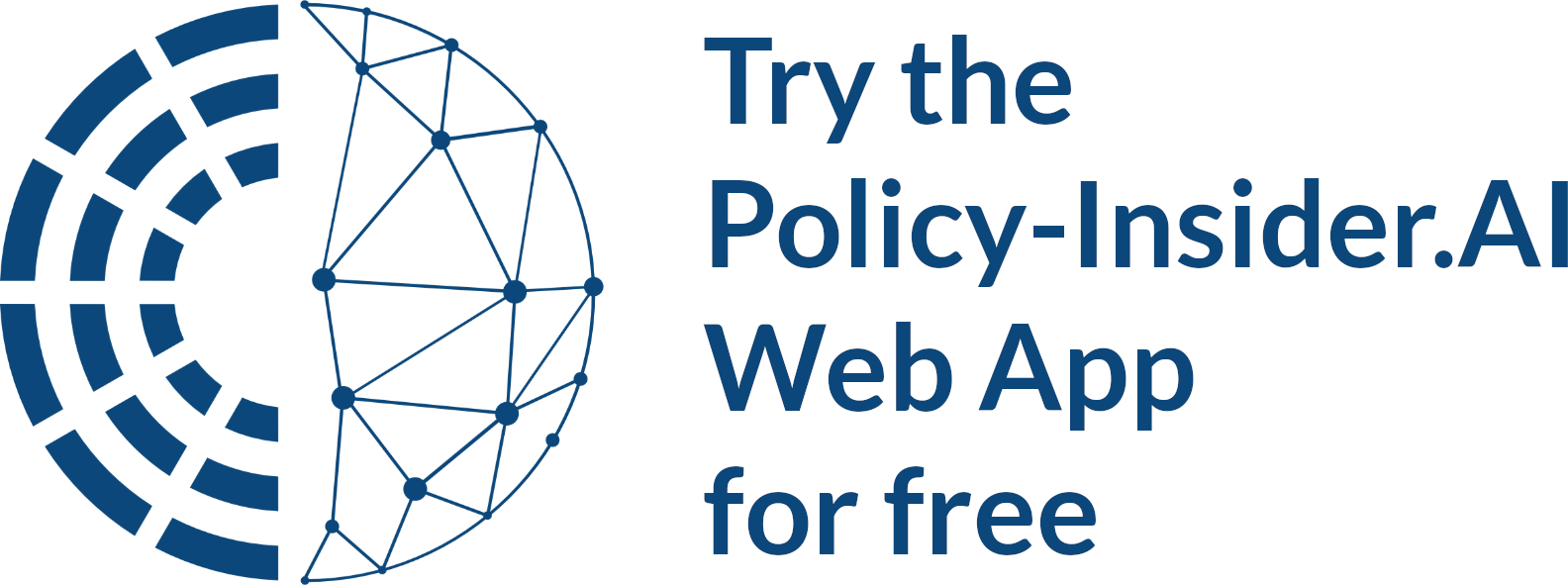In government affairs, we have a tendency to look for relevance within an arbitrarily determined category. This is “environmental policy”, this is “health policy”. We draw a circle around these categories, and name them policy areas. Then, we define everything in them as relevant and everything outside it as outside our scope. We even identify experts to certain policy areas, expecting them to be helpful anytime.
Training new colleagues on product messaging is always fun. One of the first things I say is “forget the policy for now, that’s not how society works. Start with why the product or the idea is useful then walk through your day with it. What does it come into contact with and who? Who benefits and why? Once you’ve done all that – overlay the policy on top to see where the relevance is.”
Why take this approach? Because different activities in society and the economy don’t conveniently stick to their corresponding policy lane. Hence, Regulating a chemical does not just fall under “environmental policy”, that’s also a health issue, and an employment issue, and a transport policy issue.
So far, this approach is sometimes hindered by the sheer volume of policies and regulations that are published on a daily basis and have not been made any easier by traditional flash news sites. At best they can help us avoid missing something of glaring importance but rarely help us generate original content or real value.
That’s where welcome.policy-insider.ai/ comes in. From the start we were aligned on one simple idea – I don’t want to be told what policies I should be interested in, I want to start with what issue I AM interested in and find policies that match it.
Policy-Insider runs an algorithm that takes all the consultancy knowledge of RPP Group. Why is something relevant? In what context? It then combines it with the computing power of an engine that currently scans 12.000 pages of new policy documents per day.
Today thanks to that algorithm I engage in discovery every time I boot up my PC. Why on earth is driving license legislation relevant to a diabetes monitor? Why is someone in the foreign affairs committee hyper-active on antibiotic resistance? What sparked a massive spike in policy activity in France on plastics but not in Germany?
Finally, I now have the technological means to embrace the complexity of society rather than be forced to work under the illusion that everything “inside this circle” is what’s relevant for me.
This article was originally published in English. Translations were generated automatically and might contain errors.

